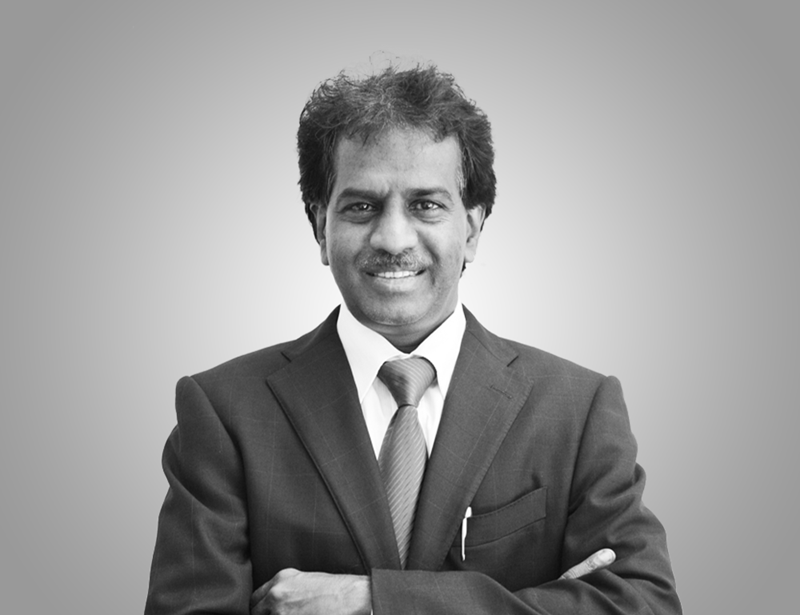- 10/06/2022
- Legal Update
Malaysia | Mkini Dotcom Sdn Bhd v Raub Australian Gold Mining Sdn Bhd [2021] 5 MLJ 79
Background facts
The plaintiff, Raub Australian Gold Mining Sdn Bhd (“Raub”), was a company involved in gold mining. The 1st defendant, Mkini Dotcom Sdn Bhd (collectively with the 2nd, 3rd and 4th defendants is referred to as “Mkini” where applicable) owns and operates the online news portal known as Malaysiakini. The 2nd, 3rd and 4th defendants were the assistant news editor, senior journalist and intern of Malaysiakini respectively.
Raub brought the suit against Mkini for defamation and malicious falsehood in respect of three articles and two videos published by Mkini on the Malaysiakini portal in essence alleging that Raub had used cyanide in its gold mining activities which had caused serious illness to humans and death of wildlife and vegetation as well as environmental pollution.
Mkini defended the suit by relying on the defences of qualified privilege (in that they had exercised responsible journalism) and fair comment. Upon the conclusion of the trial, despite not having pleaded the defence of reportage in their defence, Mkini asserted in their submissions that they had exercised responsible journalism and/or were able to rely on the defence of reportage.
Findings of the High Court1
The High Court dismissed both Raub’s claim for defamation and its claim for malicious falsehood, and held that although the words complained of in the articles were defamatory, Mkini had successfully raised the defence of qualified privilege which encompassed both the Reynolds defence of qualified privilege (that is “responsible journalism”), whereby Mkini was protected from being held liable for defamation as they had exercised responsible journalism in reporting on matters of public concern and the defence of reportage (that is “neutral reportage”), whereby Mkini was protected from being held liable for defamation as they had reported neutrally, without adopting or endorsing the matters reported on.
Findings of the Court of Appeal2
Raub appealed to the Court of Appeal in respect of the High Court’s dismissal of its claims for defamation and malicious falsehood.
The Court of Appeal allowed Raub’s claim for defamation and awarded Raub the sum of RM200,000 in general damages, thereby setting aside that part of the High Court judgment but affirmed the dismissal by the High Court of the claim for malicious falsehood.
The Court of Appeal observed as follows:
- Mkini had not acted fairly and reasonably and could not rely on the Reynolds defence of responsible journalism as they failed to meet the test for the application of the Reynolds defence.
- Reportage as a defence must be specifically pleaded. Mkini could not rely on reportage simply by pleading the defence of responsible journalism. Reportage and responsible journalism are mutually exclusive and incompatible and, as such, it is not possible to fall back on responsible journalism if the defence of reportage fails.
Findings of the Federal Court3
Mkini appealed to the Federal Court on the application of the defence of reportage in the context of qualified privilege and the Reynolds defence of responsible journalism.
The Federal Court, in dismissing Mkini’s appeal (by a majority decision) and thereby agreeing with the decision of the Court of Appeal, made the following important observations in respect of the interplay between the Reynolds defence and the defence of reportage:
- A publisher (being a journalist) must choose either to plead reportage or responsible journalism, as it would be contradictory to plead on the one hand that he believes in the truth and accuracy of the defamatory statement and on the other to plead that he does not.
- A publisher will lose the protection of reportage by adopting the defamatory contents and making them his own or by not being fair, disinterested and neutral in his reporting.
- A publisher who seeks to rely on the defence of reportage must make it clear that he does not believe the information to be true. In the event such a publisher makes allegations of his own or espouses or concurs with the allegations in the source material, he will lose the protection of the defence of reportage. Espousing or concurring with defamatory statements need not necessarily be express, but can be implied by, for example, the use of headlines that promote and give prominence to the defamatory statements.
- The defendant must make it clear in his pleading whether he is relying on the Reynolds defence of responsible journalism, in that he had a subjective belief in the truth of the defamatory statements, or on the defence of reportage, in that he had no belief in the truth of the statements.
- Apart from public interest, neutral reporting is the most important ingredient for the defence of reportage, which is not an element in the Reynolds defence of responsible journalism.
It is worthwhile to note that in the dissenting judgment, two out of the five judges sitting for the appeal were of the view that the defence of reportage is not a distinct and separate defence from qualified privilege, and on that basis a defendant publisher may attempt to rely on both defences.
Conclusion
The Federal Court decision clarifies that the current position of the law is that the defence of reportage is a separate defence from qualified privilege, and that the two defences are separate and irreconcilable.
A defendant publisher must choose which defence it wishes to rely on, and the two cannot be pleaded in the alternative, as qualified privilege allows the publisher to portray the defamatory material as being true, while reportage does not.
It must, however, be noted that the way the courts will interpret this decision remains to be seen, particularly considering the minority dissenting judgment.
Endnotes:
- [2016] 12 MLJ 476.
- [2018] 4 MLJ 209.
- [2021] 5 MLJ 79.
Get in touch

Rabindra S. Nathan
Partner / Head, Dispute Resolution / Head, Restructuring & Insolvency / Arbitration & Mediation /
Rodney Gomez
Managing Partner / Head, Infrastructure & Projects / Head, Engineering & Construction / Dispute Resolution / Arbitration & Mediation /
K. Shanti Mogan
Partner / Head, Arbitration & Mediation / Head, Competition Law & Antitrust / Dispute Resolution / Personal Data Protection & Privacy Laws / Regulatory Compliance & Enforcement / Technology, Media & Telco /
Dhinesh Bhaskaran
Partner / Dispute Resolution / Head, Environmental / Head, Medico-Legal / Regulatory Compliance & Enforcement / Arbitration and Mediation /
Rajasingam Gothandapani
Partner / Head, Shipping & Maritime / Head, Regulatory Compliance & Enforcement / Head, Investigation & Crisis Management / Head, Transportation / Head, India Desk / Dispute Resolution / Land Acquisition & Town and Country Planning ...
Yee Mei Ken
Partner / Dispute Resolution / Private Client & Family Business / Regulatory Compliance & Enforcement / Arbitration & Mediation / Head, China Desk
Jimmy S. Y. Liew
Partner / Dispute Resolution / Arbitration & Mediation / Private Client & Family Business
Sathya Kumardas
Partner / Dispute Resolution / Investigation & Crisis Management / Restructuring and Insolvency
Alexius Lee
Partner / Dispute Resolution / Engineering & Construction / Arbitration and Mediation / Infrastructure & Projects
Nurulhuda Mansor
Partner / Dispute Resolution / Healthcare and Life Sciences / Medico-Legal




